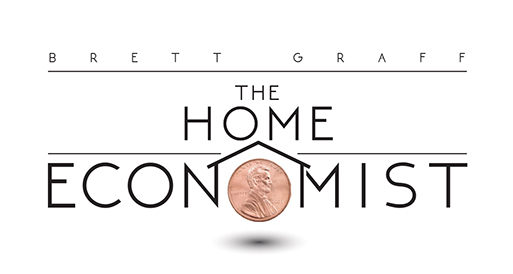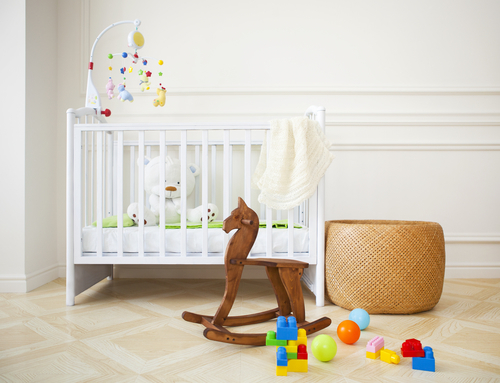Spring is here and so are our aspirations of exchanging our clutter for cash by hosting garage or yard sales. But we’ll probably all have one problem in common: placing a higher value on many of the items we own because — according to brand new research — we associate so many of our belongings with our own identities. And those we value tremendously.
The attachment, though, can cost us of money when we’re selling just about anything. Good news, there are ways to erase the irrationality, some of them tried and true methods for determining a fair price.
“Goods – when they become part of you – they’re seen as extensions of yourself and part of your identity,” says Vanitha Swaminathan, an associate professor of marketing at University of Pittsburgh who conducted the experiments connecting our stuff to our self images. “Things that become part of you are seen as more valuable.”
WHAT YOU NEED TO KNOW ABOUT GARAGE SALE SAFTEY
Funny thing, it works the opposite way too. Liana Rivas — who owns the Miami consignment store Sarah Magelena — found we’ll devalue an item representing an identity we can’t wait to unload. She recently sold for a client a coveted Hermes Birkin bag originally purchased by her ex-husband.
“She told us to get rid of it at any price,” says Rivas. “It was very unusual.”
So how can you set fair prices? For garage sales, says Sandy Tavarez who runs estate sales, label good condition appliances, sporting equipment and designer items for about one-third of the original price. Kid clothes should sell for $2, $3 and $4. Men’s shirts for $3 and T-shirts for $1. For furniture, sites such as ebay – which show the going rate — are your best friend.
“Never refuse a first offer,” she says. “It’s usually your best.”
When selling your house, make sure your broker does a CMA – comparable market analysis — says realtor Paola Padovan. You can add on to that amount for garages, extra bedrooms, bathrooms and pools. Condos get more expensive as they get higher, she says.
“Usually upgrades to the kitchen or bathrooms aren’t as valuable as you’d think,” says Padovan. “You don’t want to over-improve.”
And a trick from Swaminathan: imagine you own ten of whatever you’re trying to sell.
“You become more realistic,” she says. “And your attachment goes down.”








Leave A Comment